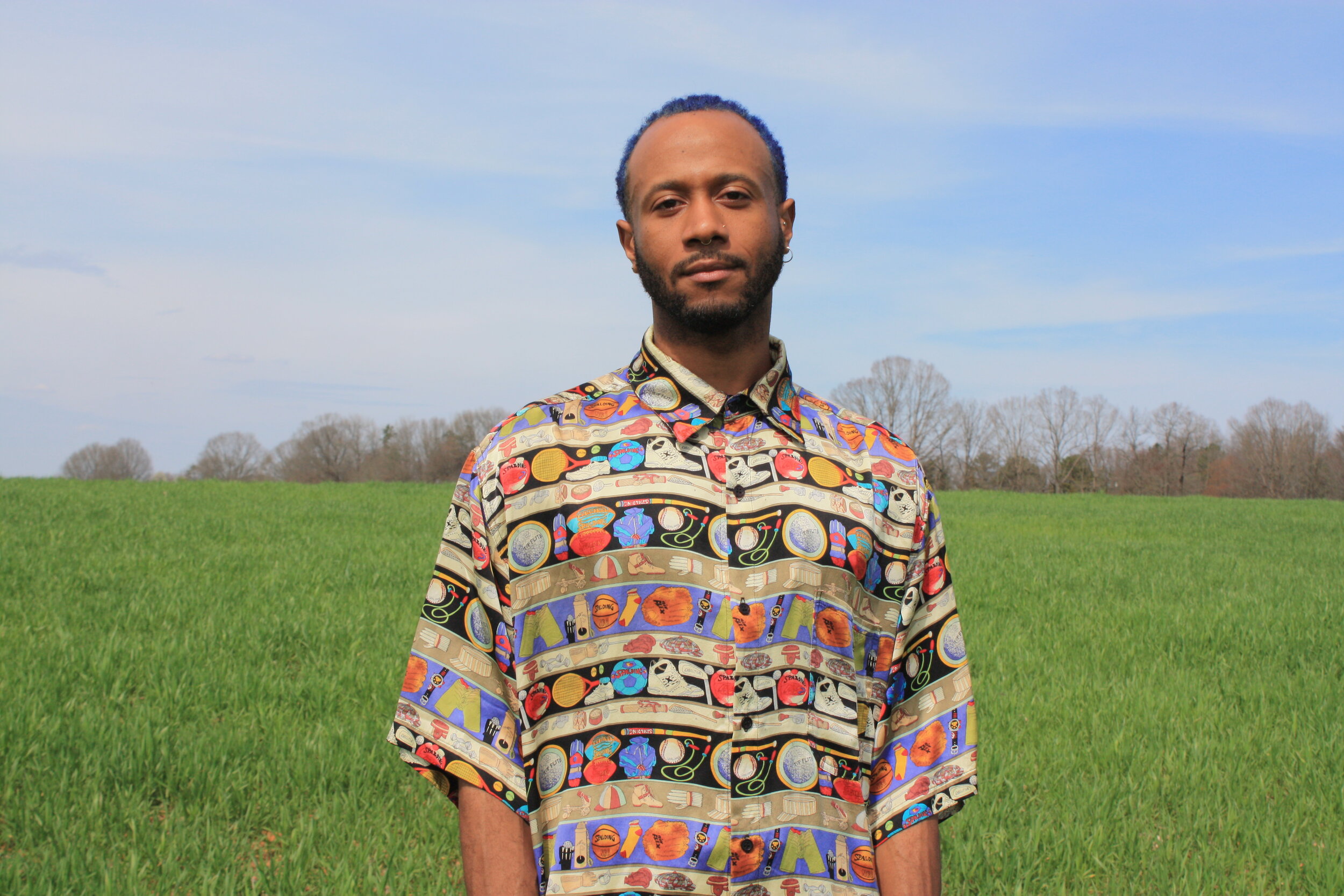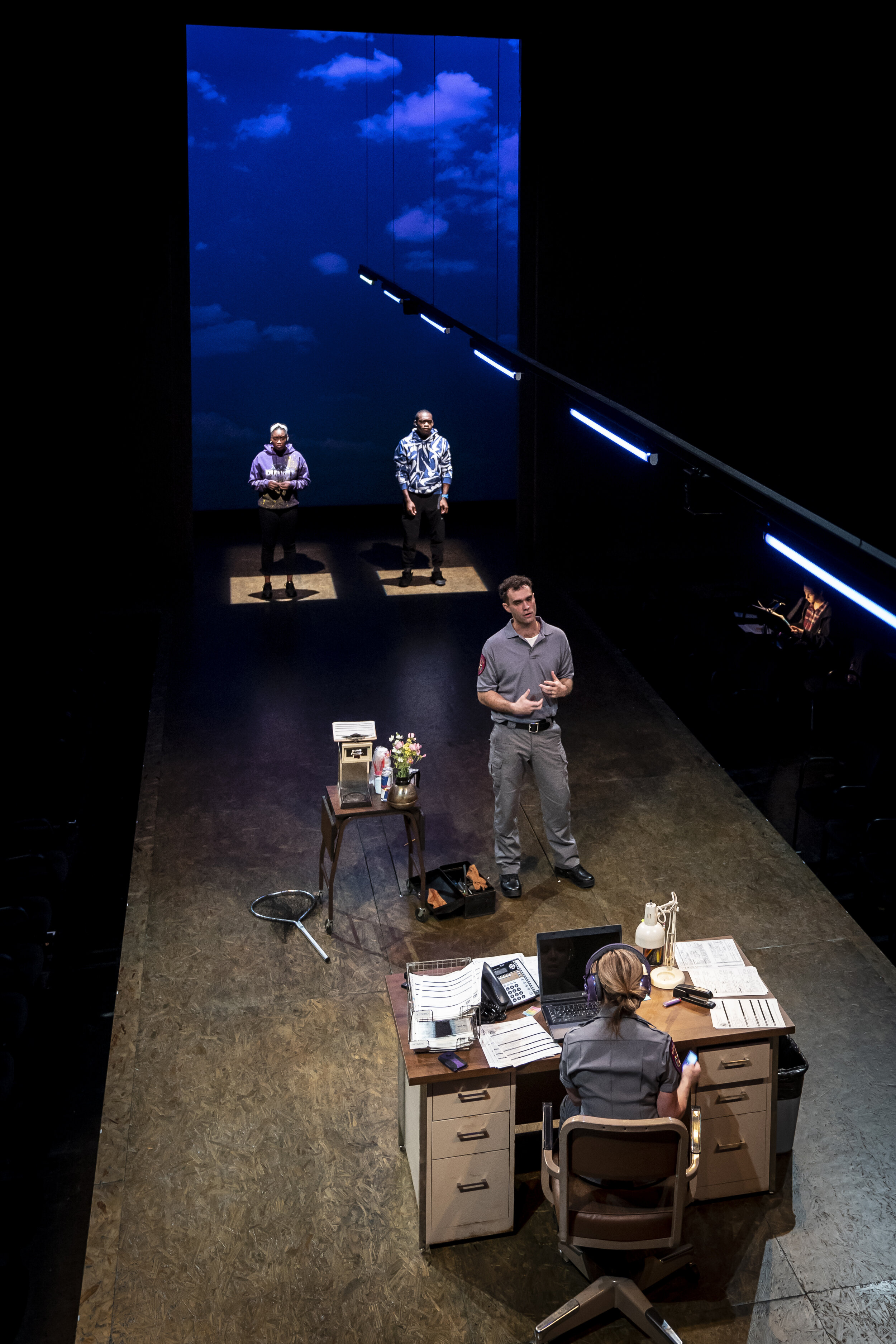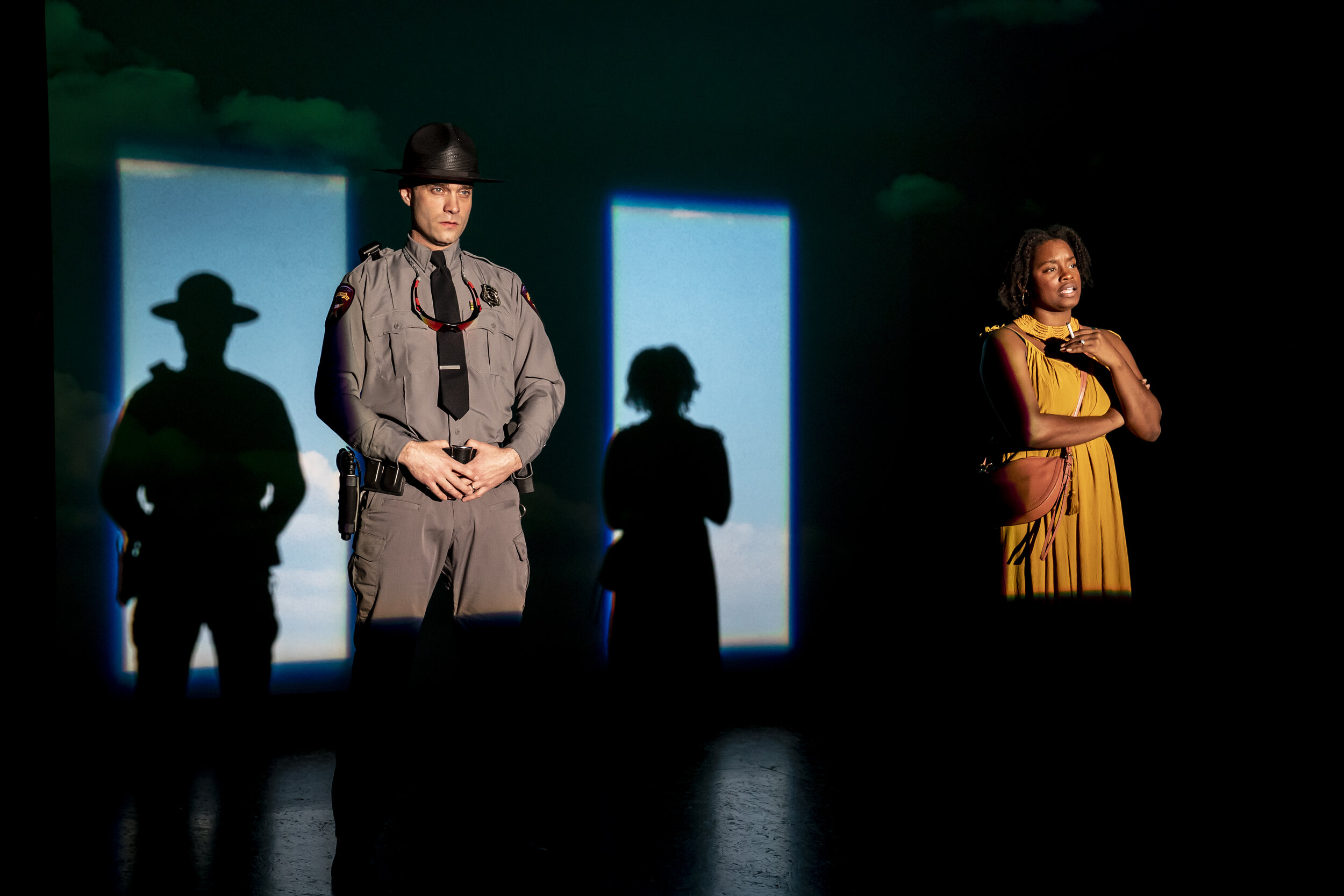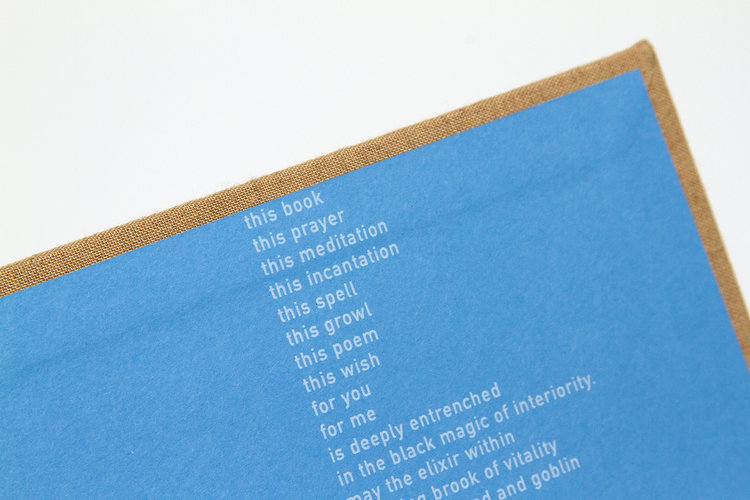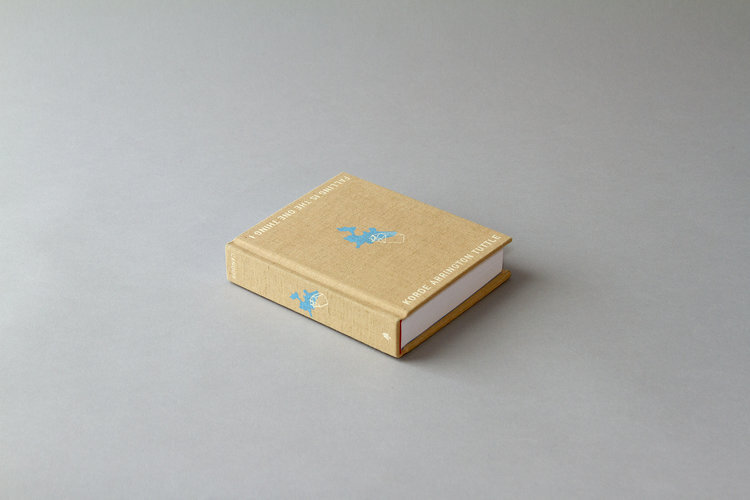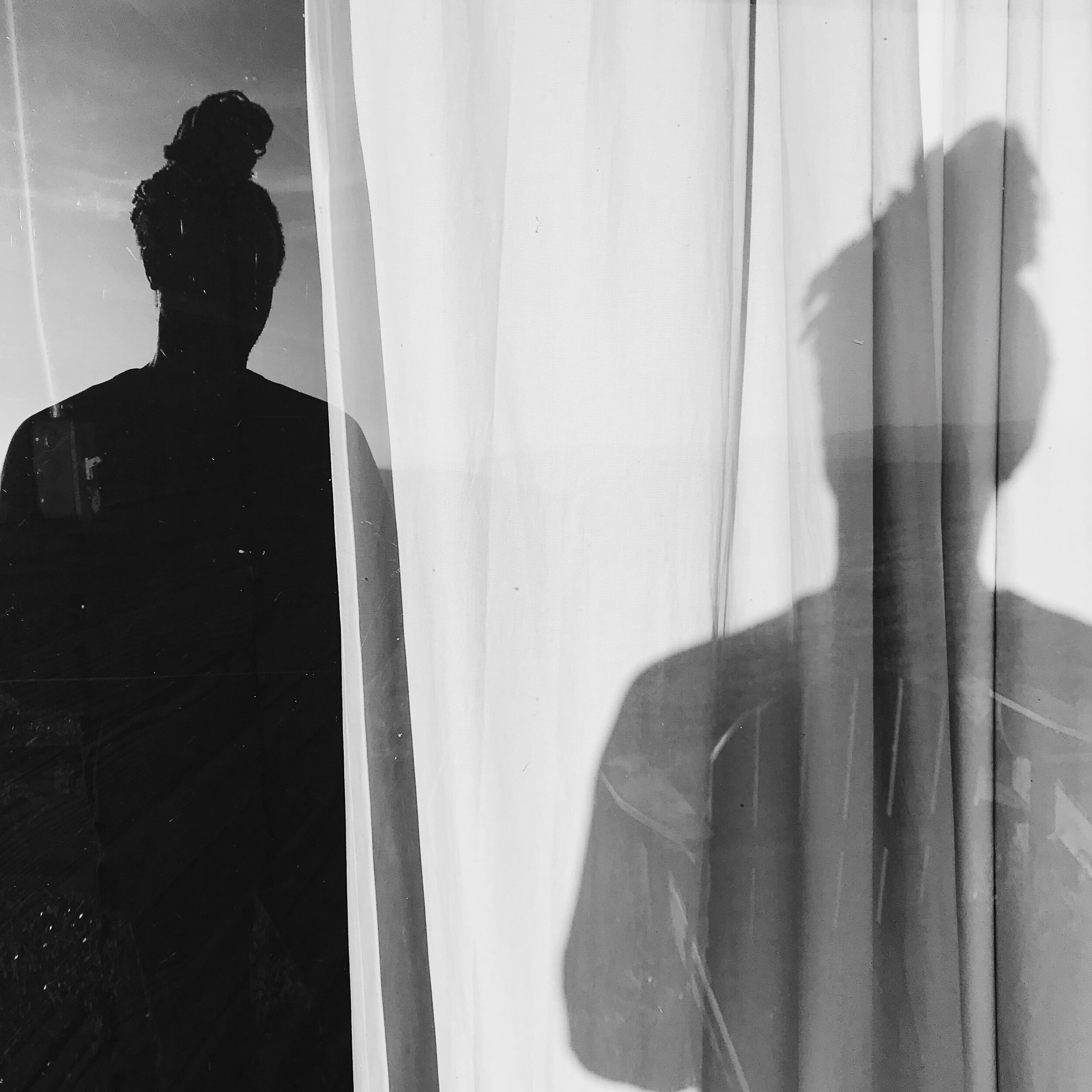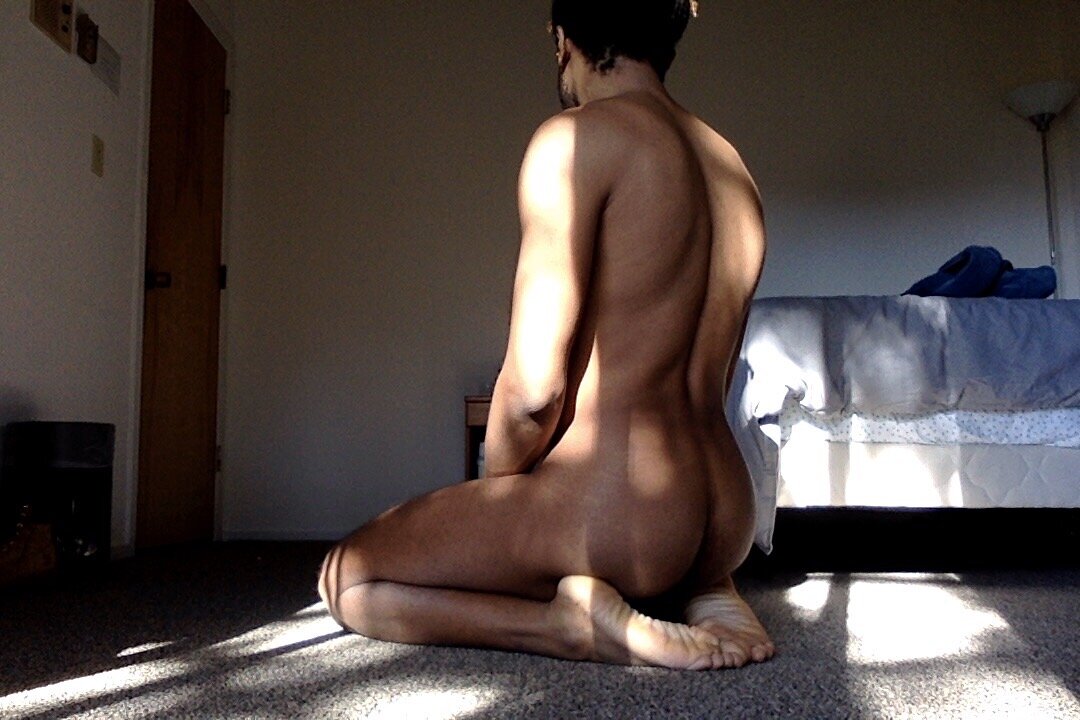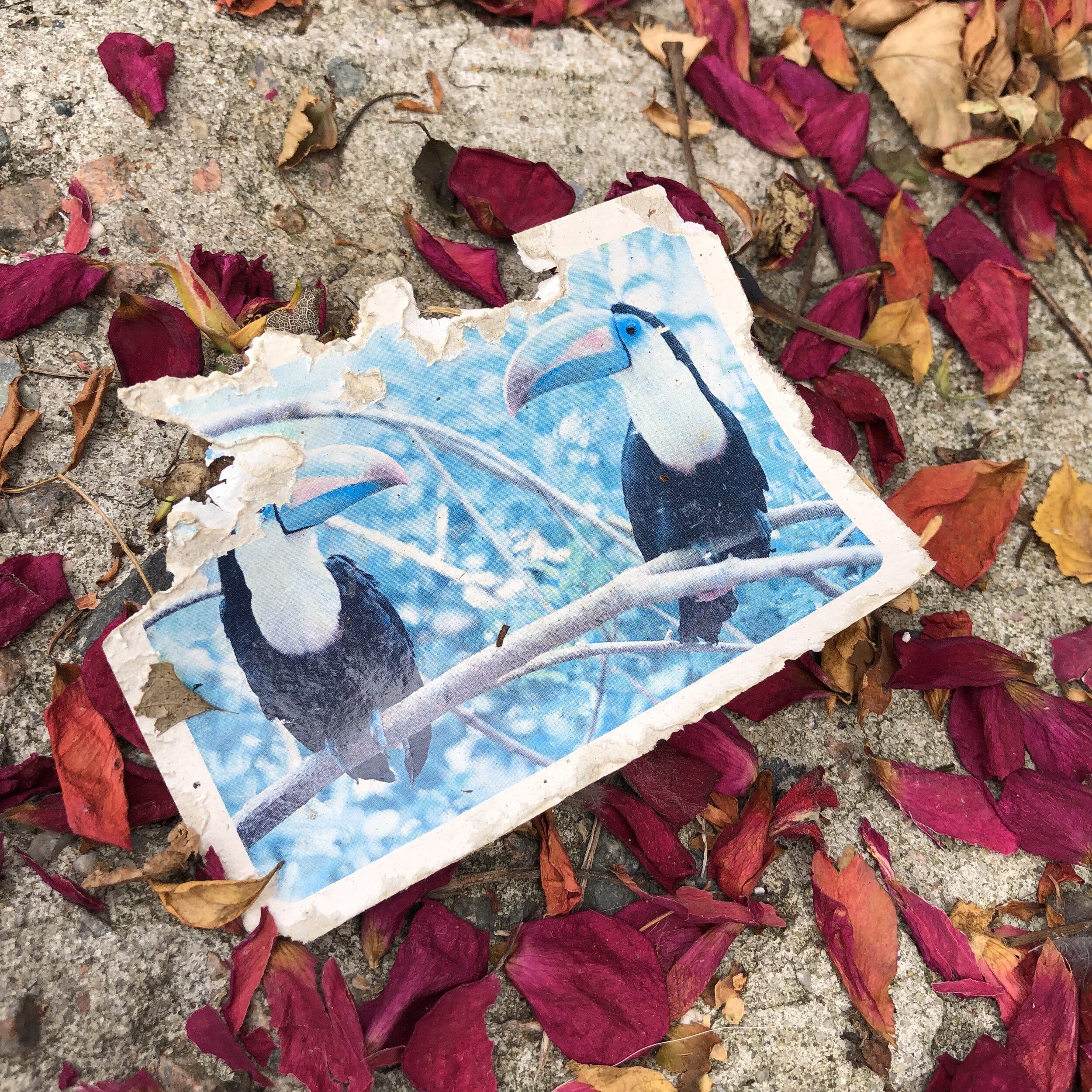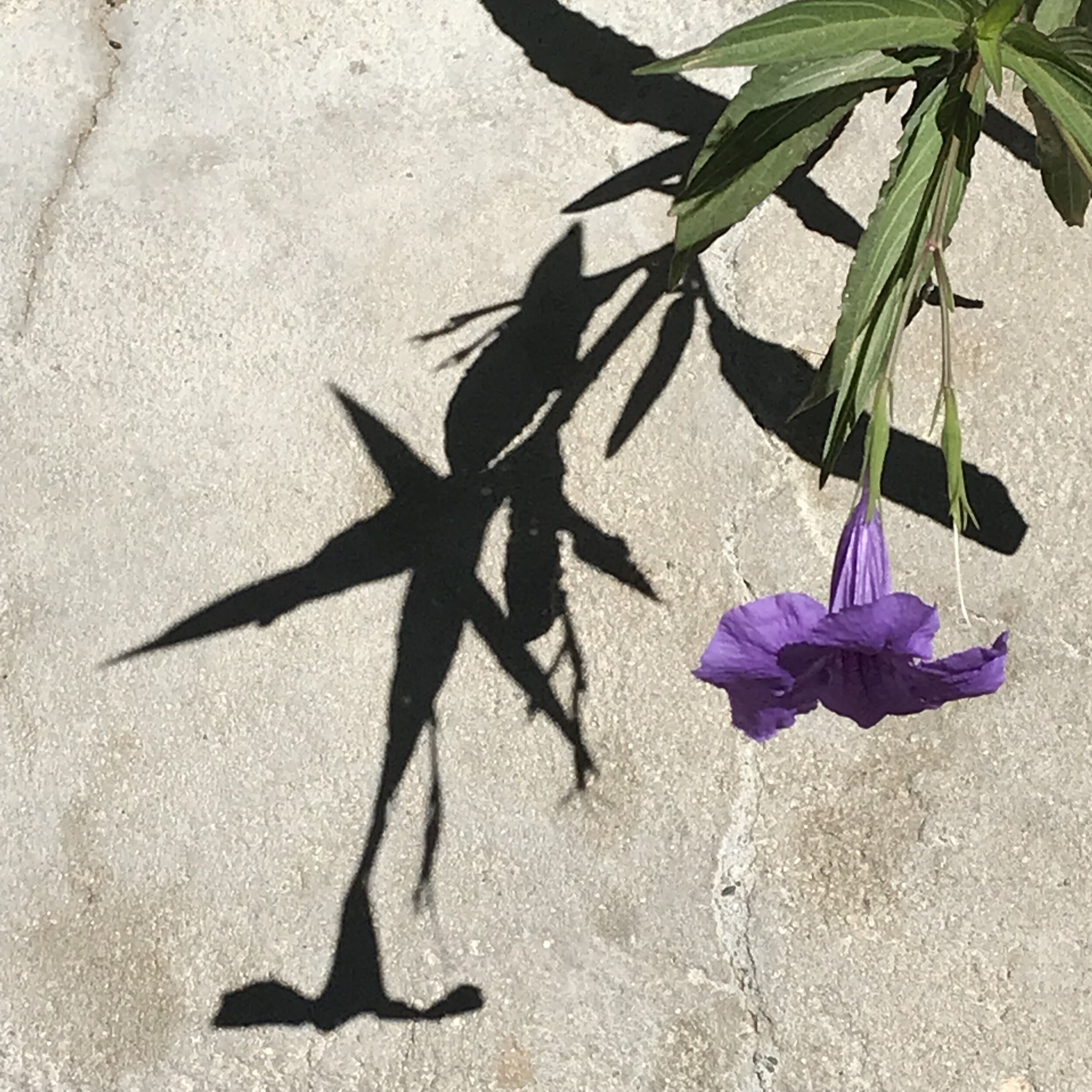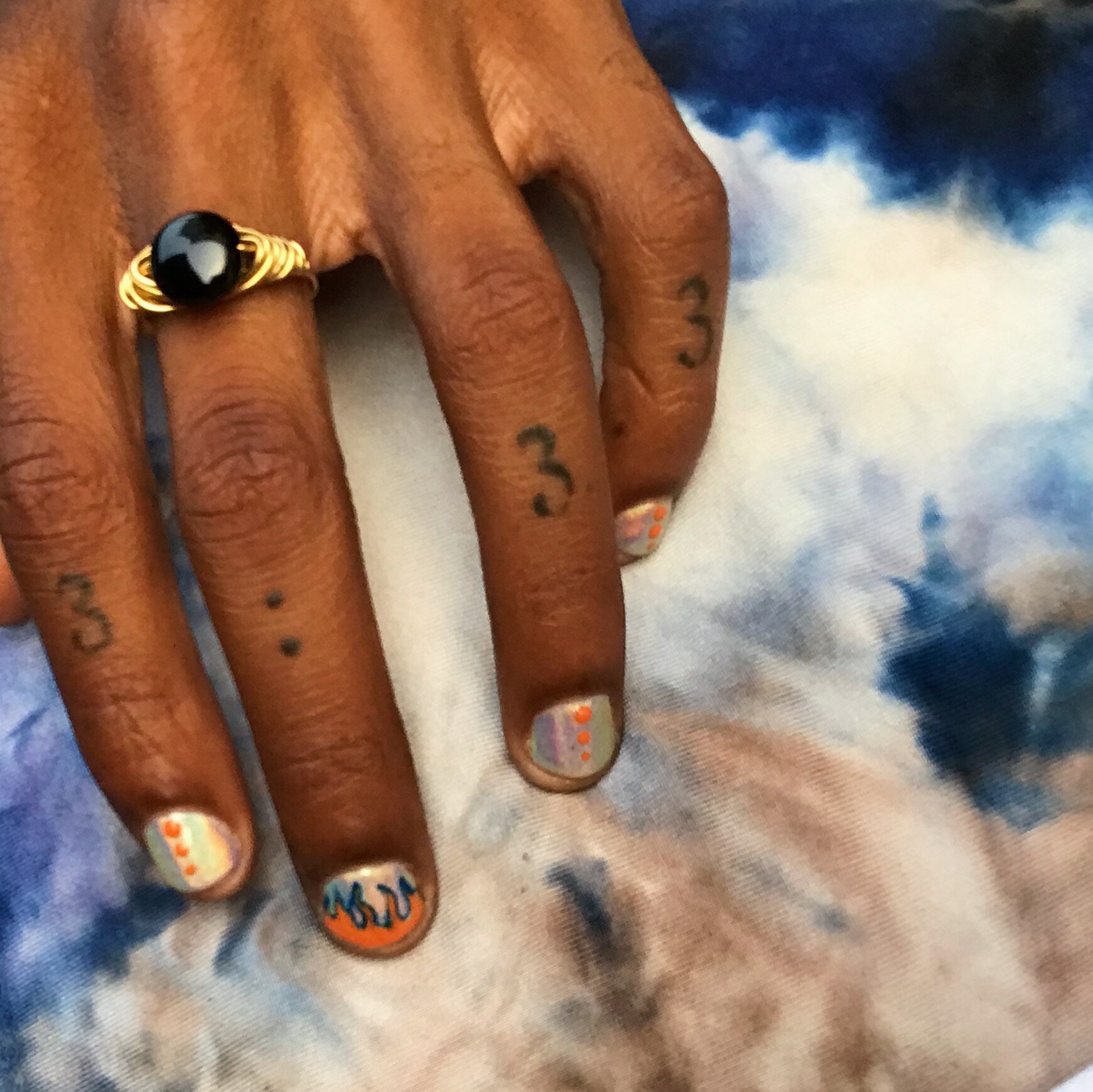Q&A: Korde Arrington Tuttle
By Rafael Soldi | April 9, 2020
korde arrington tuttle is a canadian-born, carolina-raised multidisciplinary maker + poet. words are their primary material. theater (playwright + performer), opera (librettist), tv (staff writer) + music (song writer) are all recent places their words + ideas have found a home. korde is the eldest of six children. investigation around intimacy + interiority live at the center of their work. gratefully, they’re nearing the end of their first saturn return + looking forward to their 30s. korde received their mfa in playwriting at the new school, in nyc.
Rafael Soldi: Hi Korde, thanks for chatting with me.
KT: thank you for the invitation, rafael! it feels good to be in conversation with you + the larger strange fire collective curatorial body.
RS:I promise this is not a contract, but let’s start with some definitions. You’ve described yourself as a poet who is multidisciplinary, without limitations but a particular kinship for words. Does that sound right?
KT: eye reserve the right to change my mind, but—yes—that sounds about right. i’m a multidisciplinary maker, whose primary material is language. eye find myself endlessly fascinated by words, word order, etymology + spelling (spell casting). the ever-elusive challenge of using words to render portraits of what often transcends language.
RS: Theatre is perhaps a good place to start. Of all the places to bring your words to, what is it about the stage that is so seductive?
KT: theatre is in my bones. for me, its seduction lies in its particular genre of alchemy; the necessity of collaboration, confrontation with the body, elasticity of the human spirit + investigation of our human/spiritual conditions. although this particular moment in time is challenging the notion that one must be physically present for a theatrical event to take place, i’m drawn to its liveness. it’s only gonna happen that way once, which eye find magical—it creates instant community. it’s an exercise in endurance that requires real skill. eye appreciate theatre’s expansiveness. it provides a container for intellectualism + healing, aesthetic experimentation + excavation of culture, historical precedent + radical imagination to coexist.
RS: The Goodman Theatre recently wrapped up the premier run of Graveyard Shift, a play you wrote inspired by the story of Sandra Bland. Why tell this story?
KT: indeed it did! graveyard shift, which eye began writing in 2015, is my version of a protest song. it emerged out of an urgent desire to ‘peel back the hashtag’, exposing the humanity they attempt to represent. to my knowledge, sandra bland was one of 108 unarmed black americans killed by police in 2015 (mapping police violence). this comes on the heels of michael brown, jr., tamir rice + eric garner’s widely-circulated transitions at the hands of law enforcement months prior. the compounded + highly visible absence of justice added further insult to injury.
week-after-week, eye observed + at times, participated in, the culture of hashtag memorialization (+ yes, also celebration + the dissemination of information). eye was, however, never comfortable with the idea of reducing someone’s life to a hashtag. eye observed them decorate the internet + then fade away. on repeat. sandra’s passing rocked me to my core. within me, it unleashed a wellspring of complexity—rage, grief, love, fear. eye was in grad school at the time + trying to keep it together. before then, i’m not sure i’d yet allowed myself to fully inhabit all eye was feeling.
desiring to work against the desensitization + emotional distancing eye sensed pervading our culture, graveyard shift was born out of the impulse to humanize the hashtag. the play is not a biographical account of sandra’s life. it is a work of fiction set around the transcription of her traffic stop with brian encenia, in prairie view, tx. eye wrote the story to illuminate realities of black life in america. more specifically, eye hope shed light on the reality that men of color aren’t the only people losing their lives at the hands of police brutality. the story is also about love + interdependence, two energies it’d serve our culture well to embrace now.
Aneisa Hicks as Janelle in Graveyard Shift, The Goodman Theatre
RS: What are the opportunities and challenges that come with working with a high profile institution like The Goodman?
KT: they are related, eye find. the resources the goodman was able to put into the realization of graveyard shift—first, during their new stages festival, in 2018 + during the recent full run—meant the ability to collaborate with a director, actors + designers who are largely masters of their crafts. eye learned + am still learning a lot from the process. there isn’t always a direct correlation between coins, perceived prestige + skill. however, in this case, it meant that my collaborators had access to resources that aided their ability to realize our collective vision with utmost beauty. this being the first large-scale production of one of my plays, the opportunity to learn + rewrite during a sustained ‘preview’ period was invaluable.
when i’m fortunate enough to find myself at the helm of a project, certain things are required of my collaborators (artistic + institutional). similarly, the stories i’m called to unearth ask certain things of audience members who choose to share space with us. artistically, much of what i’m called to unearth centers intimacy, acceptance, shadow work, light work, intersectionality, ritual + liberation. for a large number of american institutions, these are great theoretical ideas. in practice, they tend to be more of a challenge. to the goodman’s credit, the willingness to engage + adjust was largely present. fear was also present. its acknowledgement is always part of the work. i’m grateful for all that experience came to teach me.
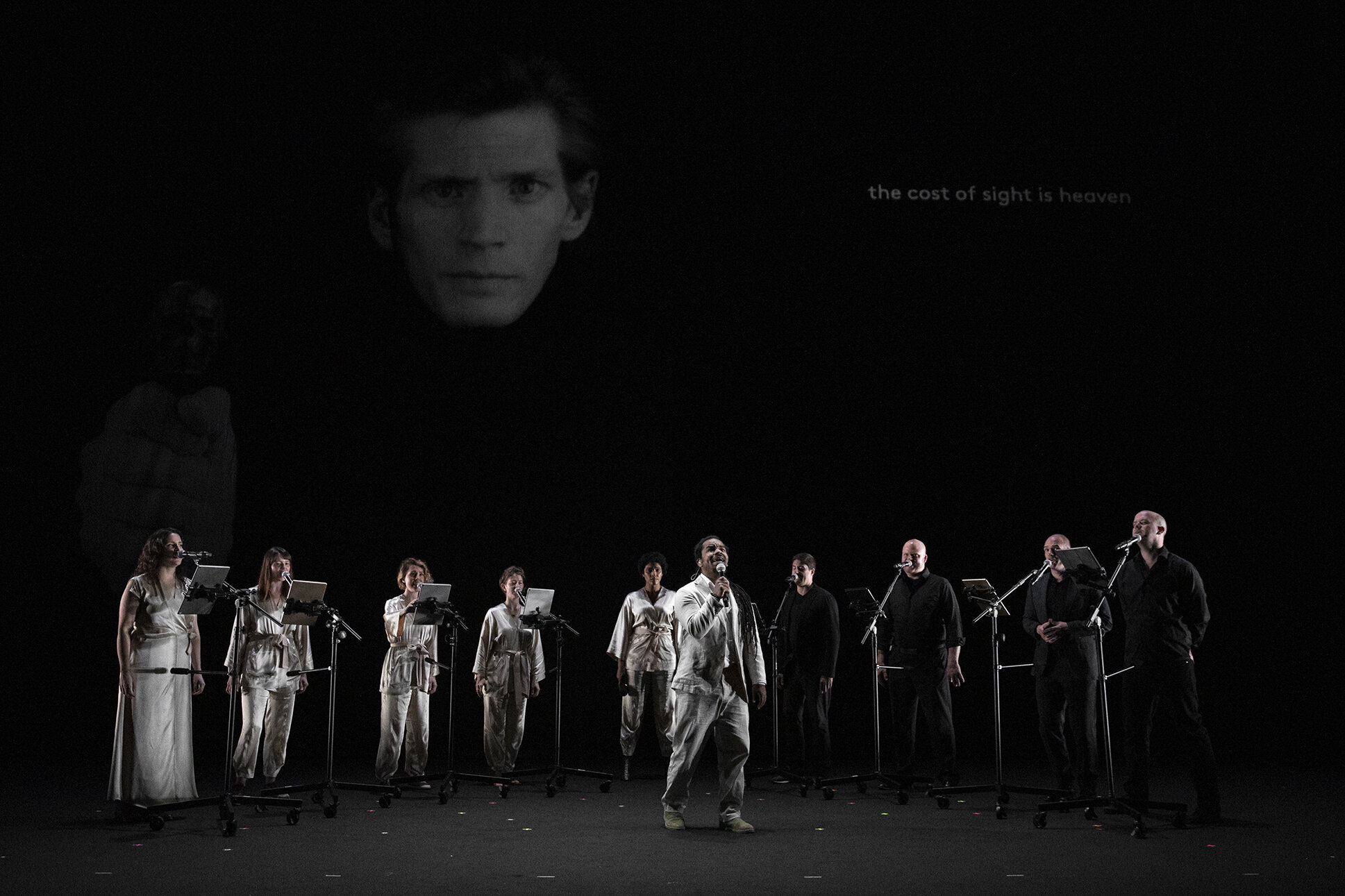
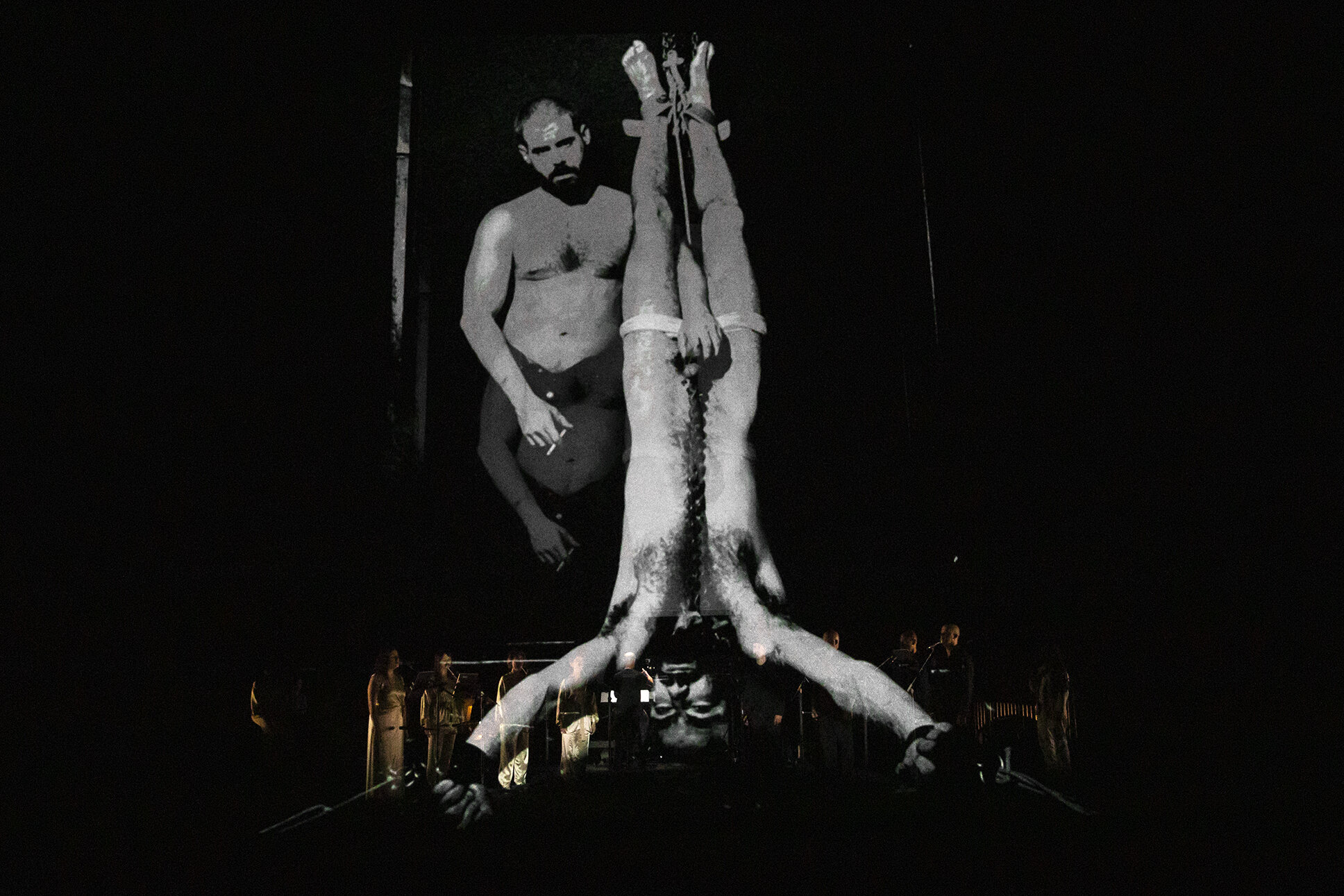
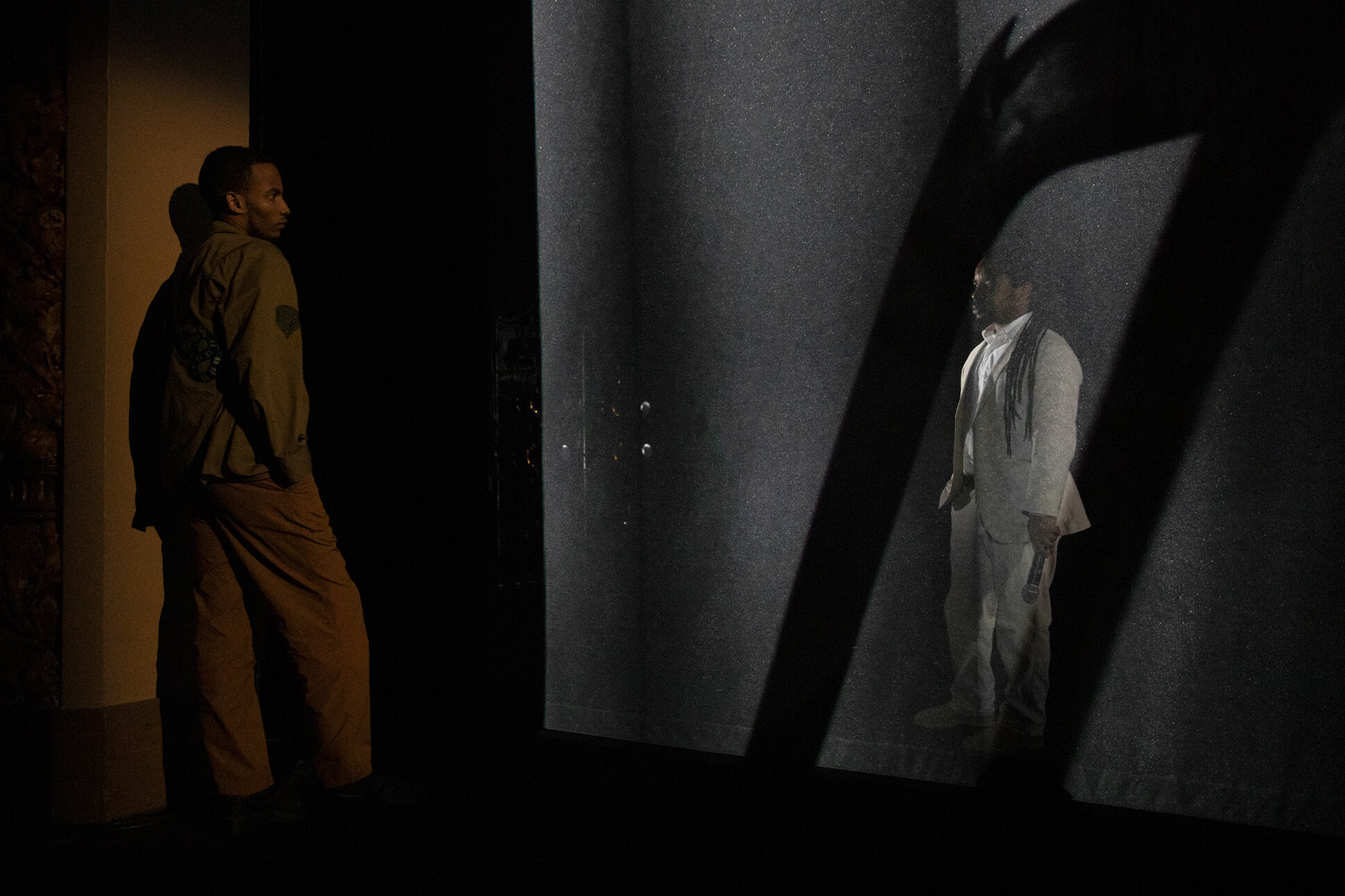
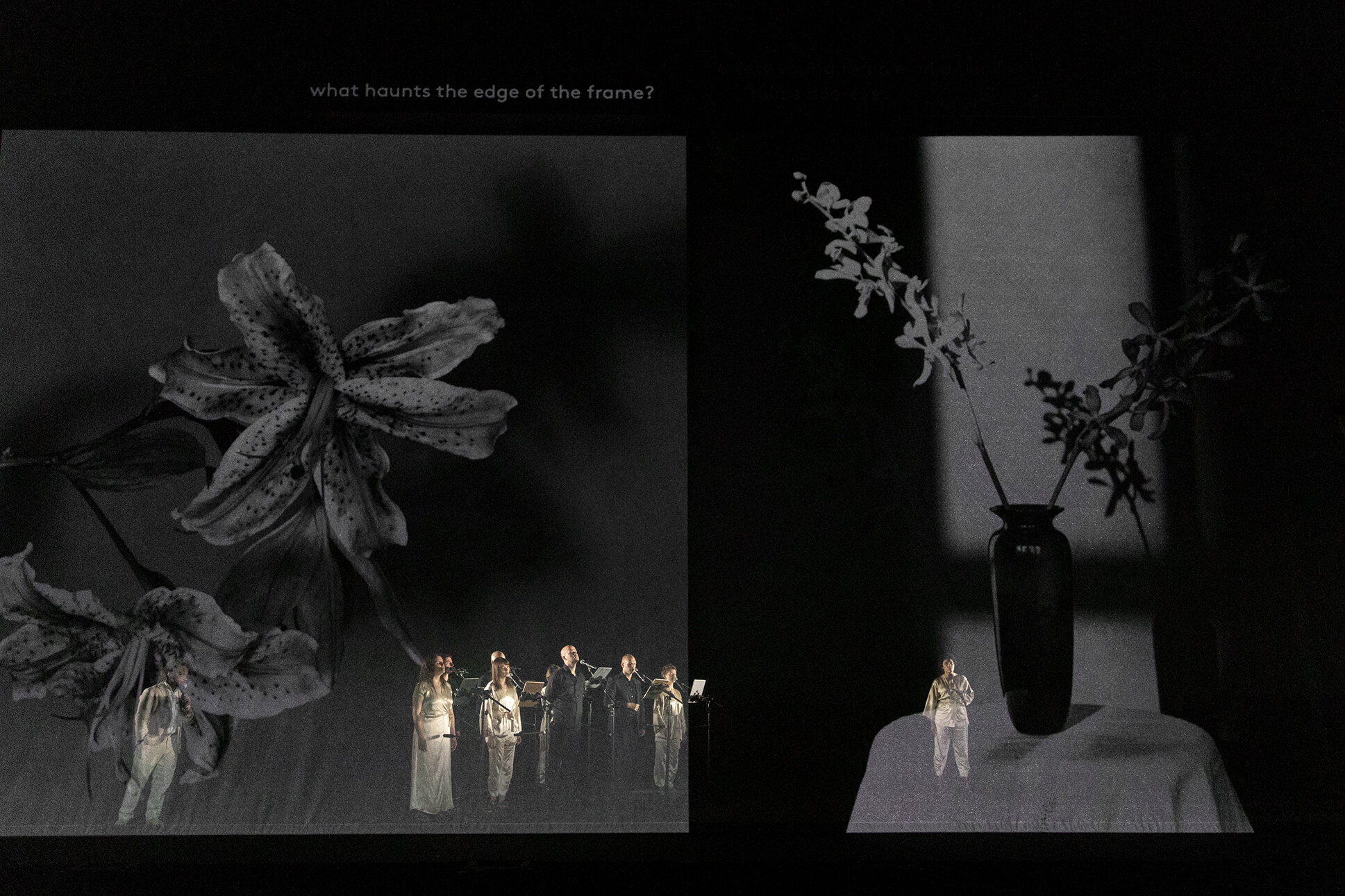
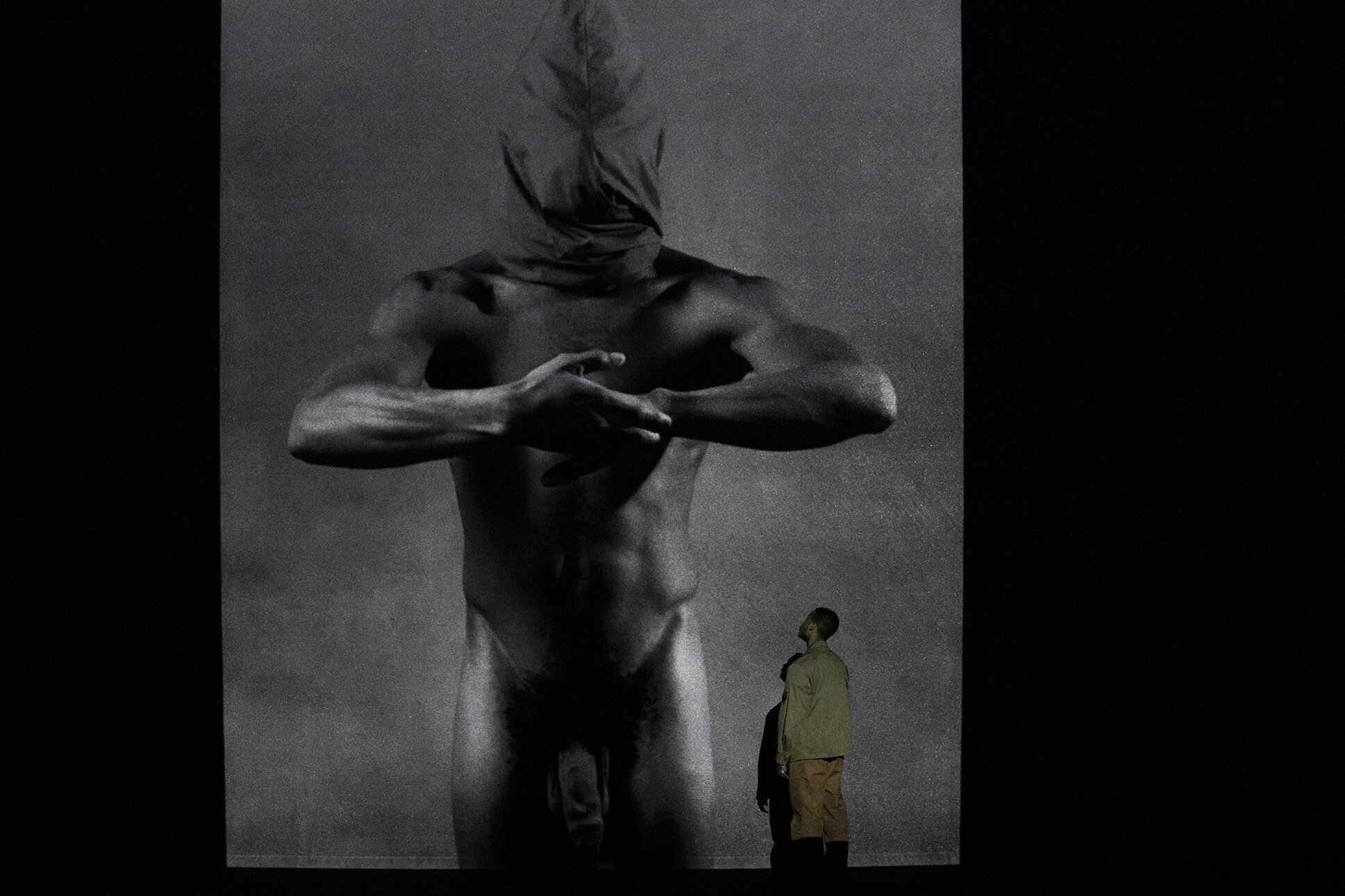
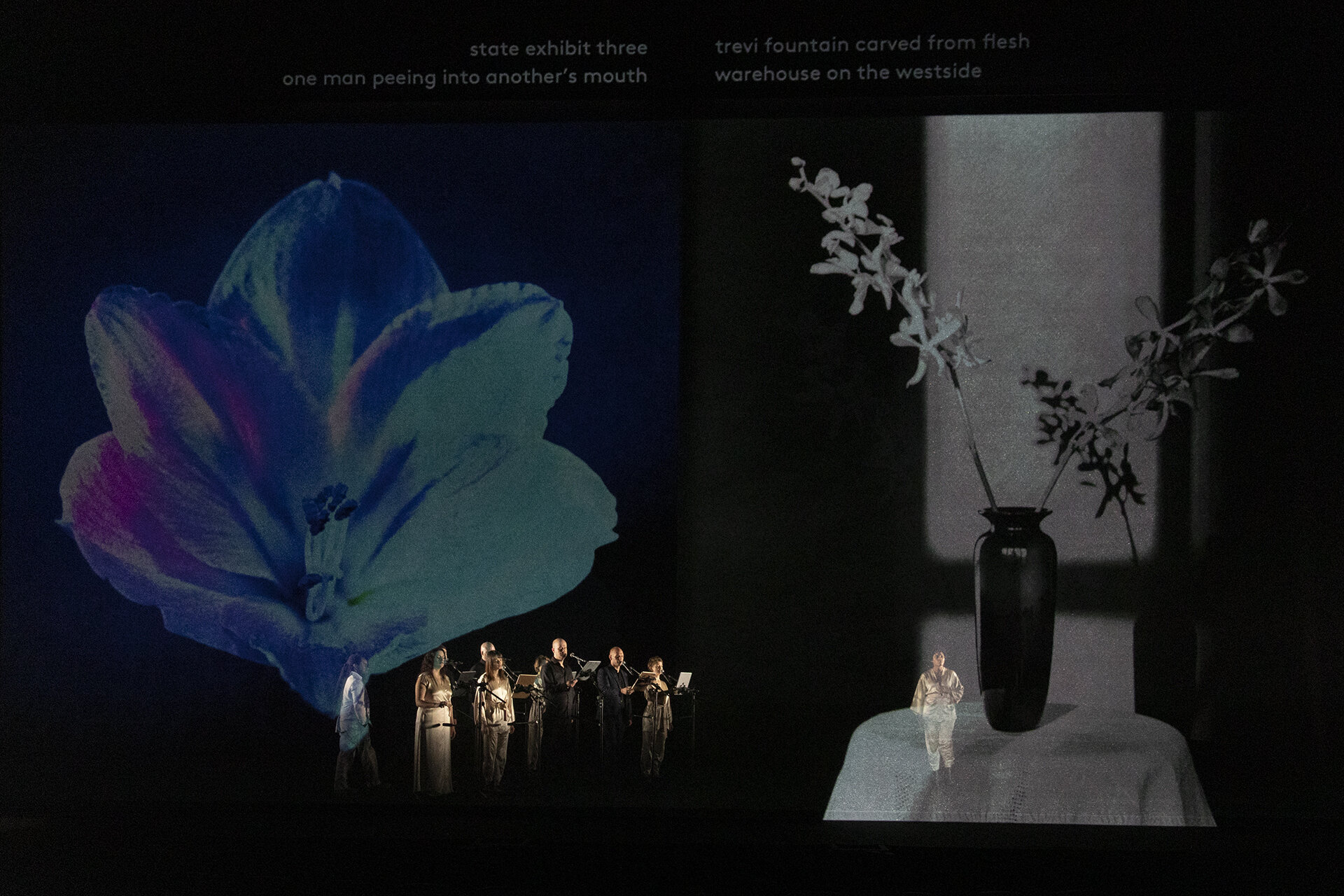
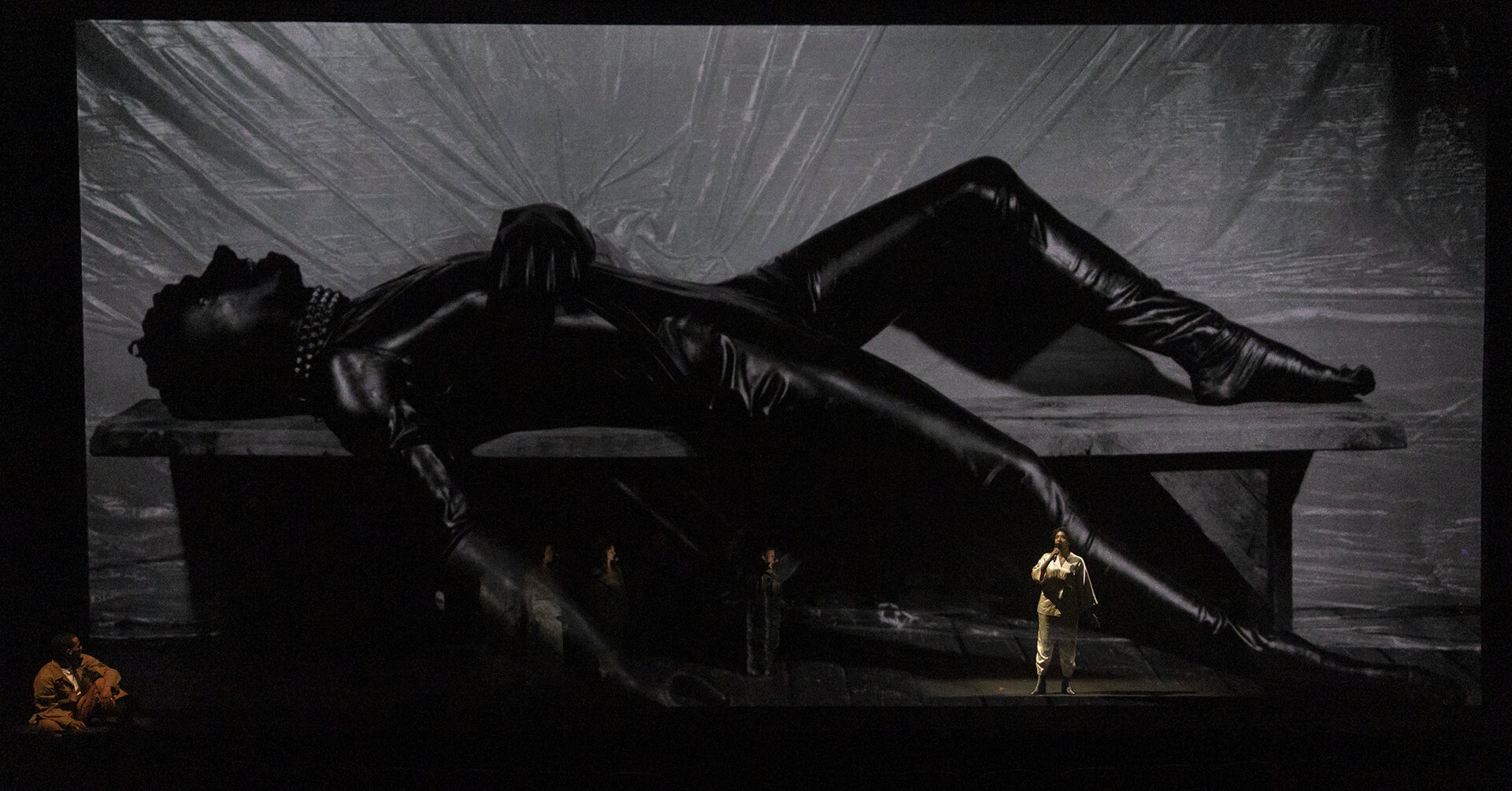
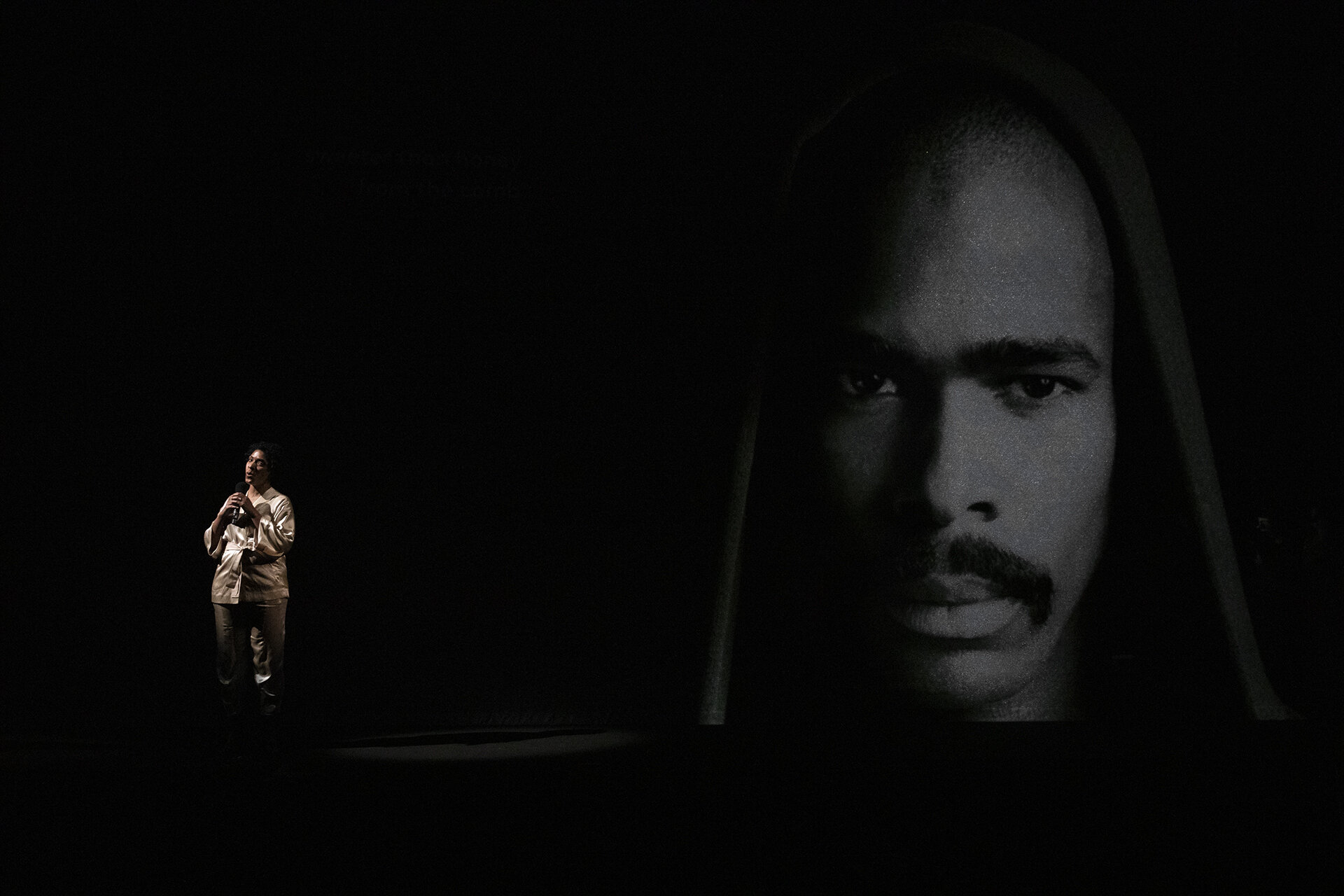
RS: I had the good fortune of experiencing Triptych (Eyes of One on Another), a stage production that examines Robert Mapplethorpe’s transgressive, sacred-profane vision. This is a complex project, but, what can you share about it? What was your role in it? You mentioned to me that you were not interested in resurrecting Mapplethorpe without accountability—tell me more.
KT: yes—thank you for attending the show! triptych (eyes of one on another) is an experimental, operatic, multimedia meditation that places robert mapplethorpe in conversation with poet essex hemphill, with help from patti smith + others. directed by kaneza schall + composed by bryce dessner, it features vocal ensemble roomful of teeth, soloists alicia hall moran, isaiah robinson + dancer martell ruffin. there are many moving pieces. eye wrote the libretto, which placed me in charge of word curation. eye am responsible for writing + arranging the text to which bryce composed the music.
eye describe the experience as a “meditation” due to its mostly non-narrative construction. one of the challenges we imposed upon ourselves was giving ‘voice’ to essex + robert, without their literal, physical embodiments in the text or on-stage. essex was an outspoken critic of robert + his work, particularly his relationship to black men (+ blackness, generally). eye share many of essex’s sentiments. eye am also inspired by aspects of robert’s life + body of work. the contradictions eye embody are present in my critique.
when eye mentioned that eye wasn’t interested in resurrecting mapplethorpe without accountability, what eye mean is that since the ‘80s—in the social context of america—much has changed + a lot hasn’t. signing onto the project, eye needed the freedom to expose what hasn’t changed. due to some of the images we use + incorporation of the court case cincinnati v. cincinnati contemporary arts center (1990), parts of the show may evoke nostalgia for some audience members. however, that certainly isn’t the show’s tone. taking on an omniscient, cosmic vibe + centralizing the imagined perspectives of the black models, space is created to challenge robert’s vision. in essex’s words: “Aesthetics can justify desire, but desire can provoke punishment.”
RS: I have your book, falling is the one thing I—published by Candor Arts—in my hands right now and I keep thinking of how you once referred to it as a tarot deck. Was it your idea to make a book? How did this come about?
KT: thank you for spending time with the text! artifact + living document, the book is the brainchild of matt austin, candor arts’ owner + director. his friendship + collaboration is truly a gift that continues to bless my life in the most magical ways. he led me to you + your brilliance + beauty! congratulations on your gorgeous new candor arts publication, Imagined Futures!
eye met matt through artist + forever-bae, ej hill, in 2016. we clicked + began following one another on social media. at the time, eye was almost exclusively posting haiku + images. he asked if i’d considered making a book. as a result, falling is the one thing i was birthed.
last fall, eye deleted all my instagram posts + started over. new chapter. hopefully, also a new book.
Candor Arts, falling is the one thing i, Special Edition
RS: Do you have any rituals or routines?
KT: eye love walks. for me, walking is prayer—it’s one of my favorite forms of meditation. eye strive for a daily walking practice. almost every rising, eye begin with an affirmation of my aliveness. “it’s a great day to be alive,” eye remind myself. sometimes, eye bolster it with other aspects of my being i’m feeling called to affirm. “it’s a great day to be black, queer, southern, sexy, abundant, free,” etc. eye also read + listen to the academy of american poets’ poem-of-the-day.
RS: You’ve recently written for T.V. for Netflix and Amazon. Did you enjoy that? What have you taken away from those experiences?
KT: eye certainly enjoyed aspects of those experiences. learning how to tell a story communally has proven invaluable. those projects have also helped me think about structure in more expansive ways. that season of my life was such a whirlwind. it felt like being thrust into a strange land, where the rules + customs were foreign to me. the ‘rules’ of tv writing + playwriting are quite different. eye learned a ton. moving from the east coast to la also illuminated many of the ways in which eye was foreign to myself. it was a season of spiritual awakening—accompanied by the messiness + wonder that characterize awakenings.
sometime in the future, eye look forward to stepping back into the writers room. i’m excited by television as a vehicle for story. this time, i’ll be equipped with several experiential nuggets of wisdom: begin drafting earlier than eye think eye need to, find a trusted person to whom eye may ask ‘dumb’ questions, budget, follow my intuition, decentralize fear around looking or sounding uninformed, listen, listen, listen + trust that my presence in the room is intentional.
also, remembering that it’s a job. as a poet + in theatre, my energetic/emotional/intellectual investments are not wholly transactional. eye do it because eye love it, because eye feel called. on my last tv job, there was a heavy patriarchal presence that tended to dominate the conversational landscape. as the youngest writer in the room by many years + uninterested in playing that game, eye grew discouraged. for a period of time, eye dreaded going to work + energetically shut down. eye now have the perspective, sense of self + self-care tools to ensure that doesn’t happen again. ideally, the alignment of my future tv projects will allow me to freely engage in ways that subvert patriarchal capitalist structures around work.
RS: You have a great sense of fashion—if I saw you on the street I’d be like who is she?? Do you really love yellow or am I making that up? If so, what about it do you love?
KT: haha. this has been a very complimentary interview—thank you—eye appreciate you saying so! how eye choose to adorn myself (or not) feels like such a natural extension of my creativity. no, you’re making up my love affair with yellow. sunflowers are my favorite flower. eye love the sun. sunshine. yellow is awake. it’s lively. bold. i’m also into its solar plexus chakra activation.
RS: “My deepest investment is love” <— you’ve wrote that. And I love that. Thanks Korde.
KT: it’s true. i’m a lover. thank you, rafael—i’m grateful you thought to include me in this stunning archive.


